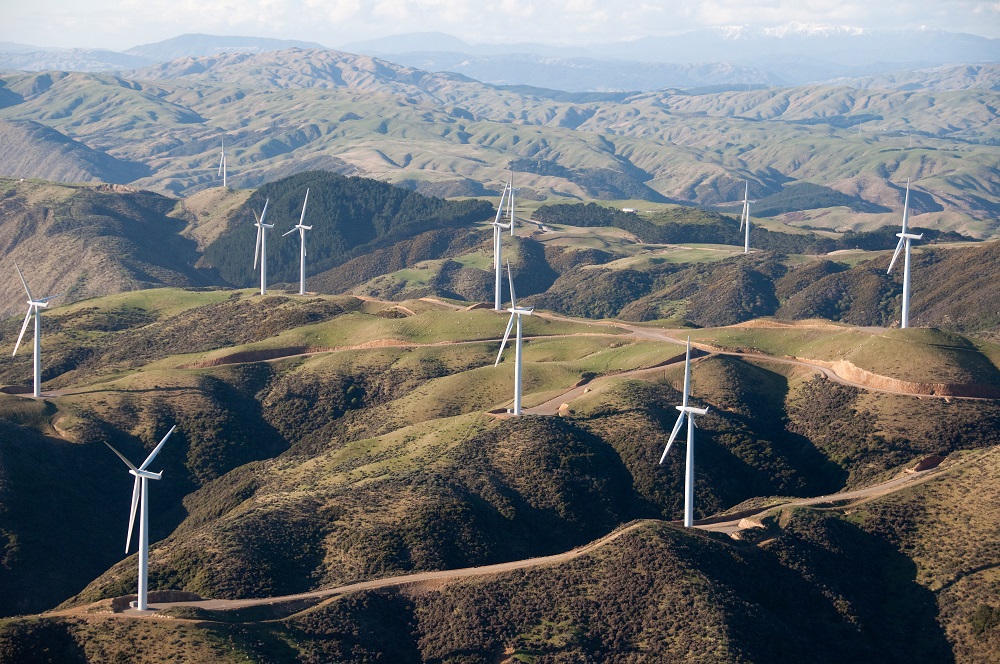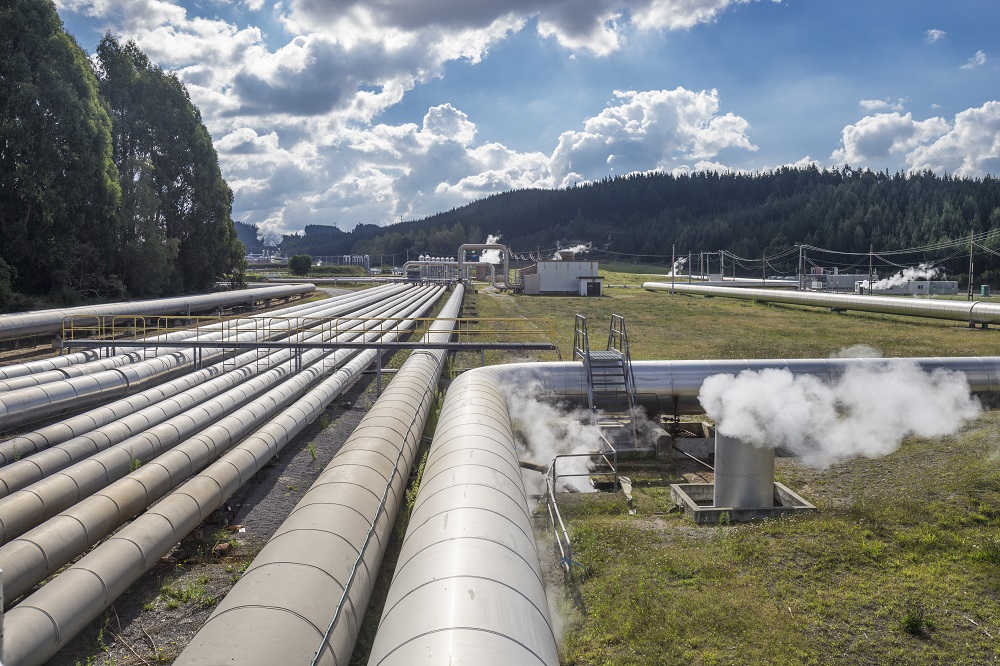Massive harm as a result of climate change problems associated with global warming is being experienced by New Zealand. In order to address these issues, New Zealand has formulated its first six-year national action plan, as more extreme storms, flooding and wild fires are brought on by climate change. James Shaw, New Zealand’s minister for climate change, stated that extreme weather events that had previously thought unimaginable are today happening at a rate and an intensity that we have never witnessed before. It is also the first long-term plan to assist New Zealand in strengthening its resilience and adaptability to a fast changing environment. The evacuation of 70,000 homes near coastal areas will be contemplated as a possible solution to the increasing sea levels. The key idea behind the action plan is to make country ready for negative outcomes in advance rather than after they happen. The plan can be considered as a great effort by New Zealand to ensure environmental security. Before moving forward, it is important to understand the importance of environmental security, as the current discourse on security has been shifted from traditional security to non-traditional security threats such as climate change, human security, food security, environmental security etc. but unfortunately it is not getting enough attention. Environmental security is the condition of safeguarding the important interests of the individuals, society, and natural environment against risks brought on by anthropogenic and natural events. The dynamics and connections between people and natural resources make environmental security essential to national security paradigm. Thus, environment is the subject matter and maintaining its protection is crucial for maintaining peace, national security, and human rights.

The natural environment of New Zealand is an important component of its culture and a driving force behind the country’s tourism industry that help economy. The natural resources of New Zealand, which make up a sizable portion of its exports, are very important to the country’s economy. These natural resources must be thoughtfully managed for the benefit of current and future generations in order to achieve sustainable economic growth. The items like dairy, beef, timber, fruit, vegetables, and fish assist the food security of countries like China, Australia and the United States that receive these products, are maintained by the natural environment. Therefore, it is crucial for New Zealand to implement the National Adaptation Plan on urgent basis in order to preserve its environmental sustainability and economic growth. It can be done enhancing environmental governance and management, also by strengthening collaboration among all the stakeholders in order to make sure significant engagement with communities at local level to adapt and mitigate the effects of climate change in the country.


Research Associate, Pakistan House



